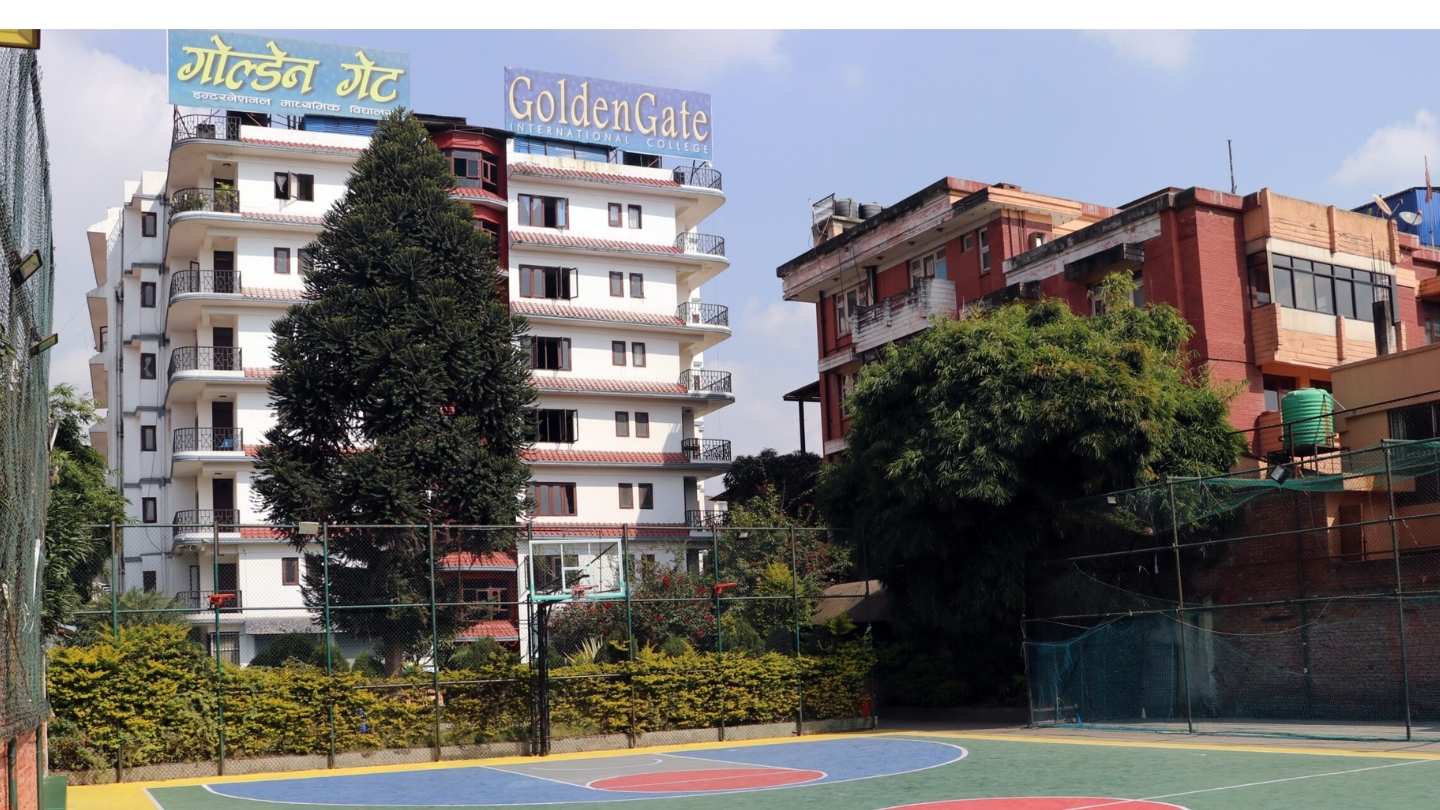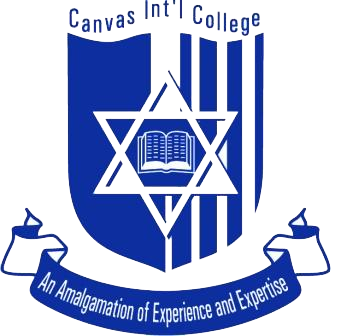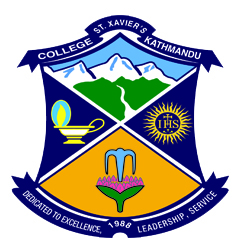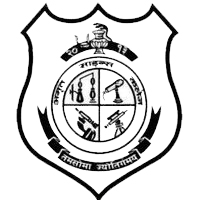Overview
B.Sc. Microbiology at GoldenGate International College, Battisputali, Kathmandu
B.Sc. Microbiology at GoldenGate International College follows Tribhuvan University’s four-year structure for science programs. The course studies bacteria, viruses, fungi, and other microorganisms that affect health, environment, agriculture, and food systems. Students learn laboratory methods, data recording, and responsible reporting.
Your daily work links classroom theory with hands-on culture practice and field sampling where scheduled.

Highlights
Affiliation: Tribhuvan University
Duration: 4 years (B.Sc. structure)
Academic Area: General microbiology, immunology, environmental and food microbiology, medical microbiology, biostatistics
Location: Battisputali, Kathmandu
Evaluation: Internal tests and practical records plus TU theory and practical boards
Learning Support: Laboratory access, library resources, and seminar work
Curriculum Details
The program combines core microbiology and allied sciences.
Year 1–2 (Foundations and Core Microbiology)
Students cover microbial cell structure, microscopy, staining, growth kinetics, sterilization, and disinfection. Practical classes teach aseptic transfer, streaking, plating, and serial dilution. Short seminars and quizzes help you revise terminology and methods.
Year 2–3 (Specialized Areas and Applied Practice)
Study extends to immunology, environmental microbiology, water testing, food microbiology, and pathogen handling rules. Students collect basic samples for lab work and learn to complete chain-of-custody notes. Biostatistics strengthens the way you analyze counts and present error margins.
Year 3–4 (Integration, Project, and Presentation)
Students complete a small project or guided study, prepare a concise report, and present results in class or departmental sessions. Practical boards check technique, observation, and notebook quality. Reading circles support exam preparation and referencing habits.
Objectives
-
Conceptual Clarity: Explain microbial structure, function, growth control, and ecological roles using precise terms.
-
Technical Skill: Perform routine culture work, counts, and sensitivity tests safely and accurately.
-
Reporting: Write brief, clear reports with tables, figures, and references that match lab evidence.
-
Progression: Support further study in microbiology and related fields and help meet entry expectations for lab support roles.
Scope
Microbiology graduates contribute to health labs, water and food testing units, environmental projects, and academic research settings. Entry roles often center on sample collection, culture work, documentation, and hygiene checks. Students planning M.Sc. Microbiology prepare for entrance processes by maintaining strong lab records and consistent semester scores.
Learning Outcomes
-
Core Knowledge: Describe taxonomy, morphology, physiology, and control of microorganisms.
-
Lab Practice: Carry out aseptic technique, plating, staining, counting, and sensitivity testing.
-
Data Handling: Use simple statistics to interpret counts and discuss error sources.
-
Safety and Ethics: Follow lab safety rules, waste disposal steps, and ethical data use.
-
Communication: Present a short seminar and respond to viva questions with evidence from your notebook.
Skill Development Modules
-
Culture and Identification: Media preparation, inoculation, incubation, colony counting, and staining sets.
-
Environmental Sampling: Water and surface swabs, basic air and soil sampling as scheduled by the department.
-
Food Microbiology Tests: Indicator organisms and product hygiene checks within permissible scopes.
-
Documentation: Lab notebooks, observation tables, standard forms, and reference lists.
-
Presentation: Slide preparation, short talks, and Q&A practice.
Teaching Methodology
Teaching uses lecture–discussion, weekly practicals, tutorials, and guided seminars. Faculty may schedule field sampling and guest interactions within the academic calendar. Internal assessment includes class tests, viva, and practical notebooks. Final evaluation follows Tribhuvan University theory and practical boards.
Admission Requirements
Eligibility: 10+2 Science or equivalent, usually with Biology
Entrance: B.Sc. entrance process as announced for the intake
Selection: Merit-based lists, document verification, seat confirmation, and fee completion
Documents: Mark sheets, character certificate, recent photos, and identification
Advisory: Students from other boards complete equivalence procedures before admission
Career Opportunities
Typical Roles: Lab assistant, sample collection assistant, microbiology technician trainee, documentation assistant
Work Settings: Hospital labs, water and food testing units, environmental monitoring projects, academic labs
Progression: M.Sc. Microbiology at Tribhuvan University or other universities where eligibility and entrance criteria fit
Scholarships and Financial Aid
Categories: Merit by results, entrance performance, inclusion categories, community-school background, and recognized ECA/sports
Renewal: Performance-based continuation each academic year following program rules
Tip: Track scholarship notices early and keep certificates organized for review
Why Choose This Course?
Structured Learning: A four-year B.Sc. framework provides depth across theory and practicals.
Hands-On Practice: Regular lab work builds habit, accuracy, and safety awareness that employers expect.
Clear Progression: The subject prepares you for postgraduate study or entry-level laboratory work based on your interest.
Conclusion
B.Sc. Microbiology at GoldenGate International College gives you space to practice careful technique and honest reporting. Students learn to connect laboratory results with real questions across health, environment, and food sectors. Timely preparation for entrance, regular attendance, and proper notebooks make a strong difference through the semesters.
FAQ
Is the program under Tribhuvan University?
Yes. The program follows Tribhuvan University rules for coursework and examinations.
How long is the course?
Four years in the B.Sc. structure.
Do I need an entrance test?
Yes. Applicants follow the announced entrance process for the intake.
What practicals will I perform?
Aseptic technique, plating, staining, counts, water and food microbiology tests, and short project work.
Can I study M.Sc. Microbiology after graduation?
Yes. Graduates apply to M.Sc. programs where eligibility and entrance criteria fit their background.






















